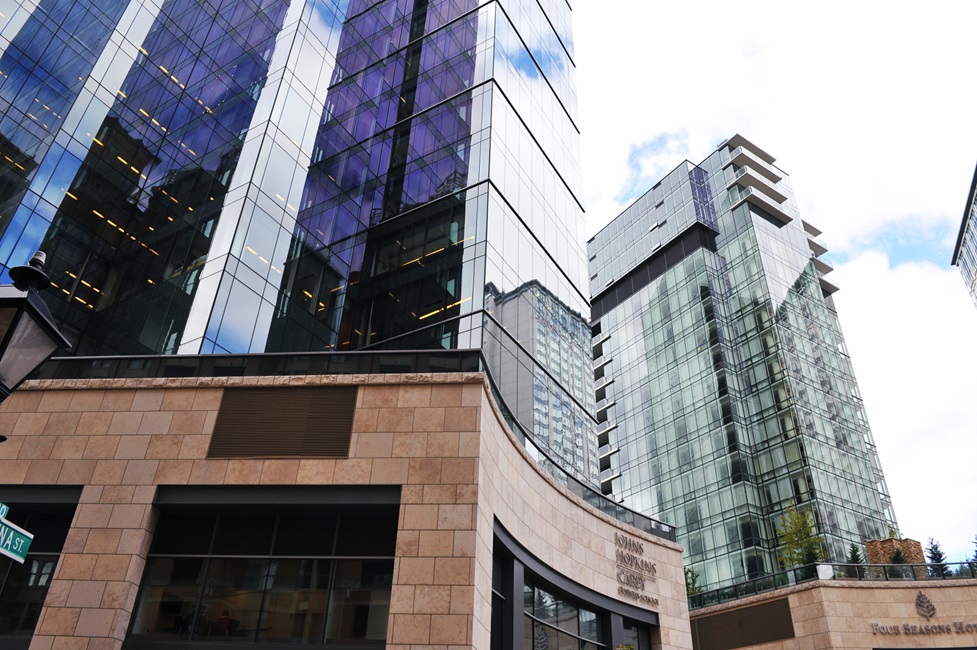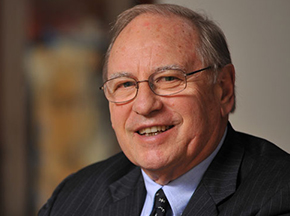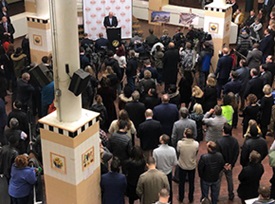
We represent lenders, real estate developers, equity investors, health systems, colleges and universities, and others in diverse contexts including:
- Residential, commercial, industrial, and mixed-use real estate development projects from land acquisition through development, construction, leasing/sale, and disposition;
- Representation of developers and syndicators in transactions involving low-income housing, federal and state historic, new markets, and energy tax credits;
- Construction and permanent financing of real estate development projects through conventional bank loans, various Fannie Mae, Freddie Mac and other similar programs, HUD-insured debt, tax-exempt bond issues, sales of federal and state tax credits, new markets tax credit transactions, and grants;
- Representation of equity investors and mezzanine lenders in all types of real estate projects;
- Creation of condominium regimes and homeowners associations in complicated PUD-type developments and negotiation of complex reciprocal easement and cost-sharing arrangements;
- Representation of landlords and tenants in commercial leasing transactions;
- Commercial lending for banks and other institutional lenders, including acquisition, development, construction and permanent loans, asset-based financing, and working capital loans;
- Commercial real property tax assessment appeals; and
- Real estate, construction, and land use litigation.
Our experience covers:
- Master development of large parcels into street grids, utility and infrastructure improvements, hotels, apartments, condominiums, office buildings, retail spaces and structured parking;
- Development and financing of mixed use buildings, including multiple ownership entities with cross-easements and other operating arrangements among owners and users;
- Transit-oriented developments including agreements with governmental entities having ownership or jurisdiction over the site;
- Complex ground lease arrangements between landowners and developers including participating ground leases and other profit sharing arrangements;
- Tax-increment financing (“TIF”) including the creation of TIF districts, assistance with necessary legislation, and structuring and issuance of TIF bonds;
- Brownfield development, including complex environmental indemnities and participation in Maryland’s Voluntary Compliance Program;
- Redevelopment of major urban and suburban sites and renovation and restoration of existing buildings, including adaptive re-use; and
- Campus development and redevelopment for hospitals and colleges, including hospital buildings, medical offices, classroom buildings, student housing and supportive facilities.
Attorney Spotlight

Richard O. Berndt
Senior Partner410.347.1368
rberndt@gejlaw.comRick Berndt joined Gallagher after assisting the firm's founder, Francis X. Gallagher, at the Maryland Constitutional Convention in 1967.
Real Estate and Business Transactions Case Studies

Gallagher’s experience in completing complex real estate transactions was instrumental in helping Lexington Market Inc. move forward with its estimaged $40 million restoration.
Gallagher is pleased to have represented Orlando, Florida-based developer ZOM in the acquisition and development of Banner Hill Apartments, a $90M apartment project in Baltimore, Maryland.
Gallagher is pleased to have represented long-time client The Bozzuto Group in the development of The Fitzgerald.